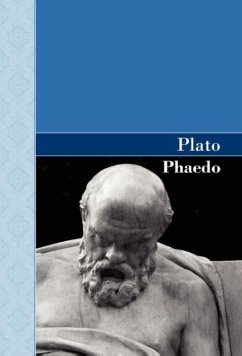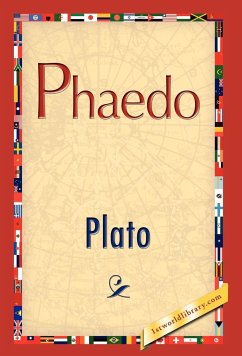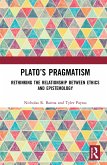"Phaedo is one of Plato's most important works, exploring the nature of life, death, and the soul. Socrates has been sentenced to death for corrupting the youth of Athens. In the hours before he is forced to drink hemlock, he talks with his followers and friends, arguing in favor of in the immortality of the soul, and concluding that death holds no fear for the true philosopher. In the process, he lays the metaphysical foundations for Platonic thought. While being primarily a philosophical treatise, Phaedo is also a moving account of the untimely death of a beloved teacher. It is this dual character which makes it highly regarded as a work of literature.
Bitte wählen Sie Ihr Anliegen aus.
Rechnungen
Retourenschein anfordern
Bestellstatus
Storno








